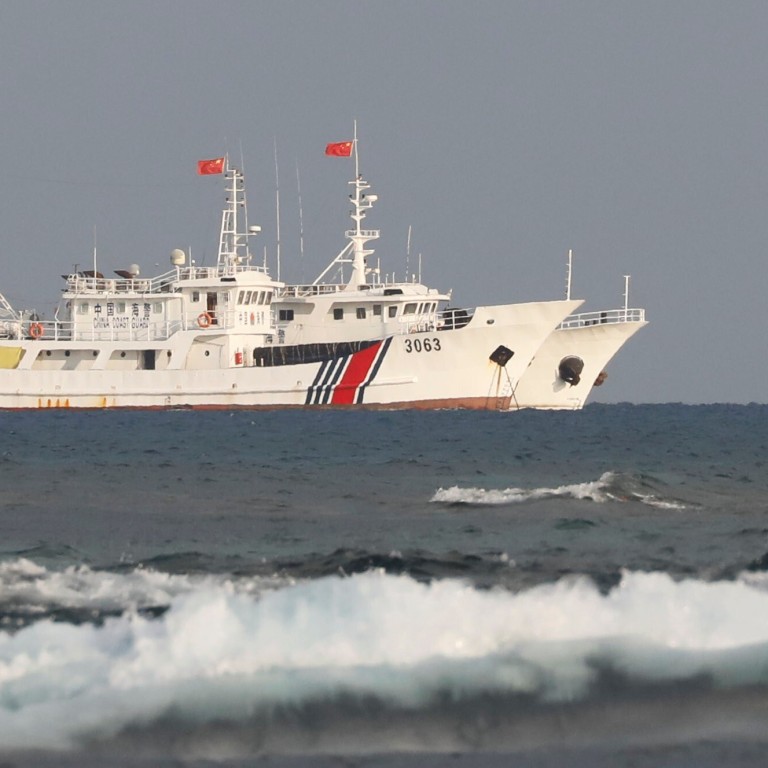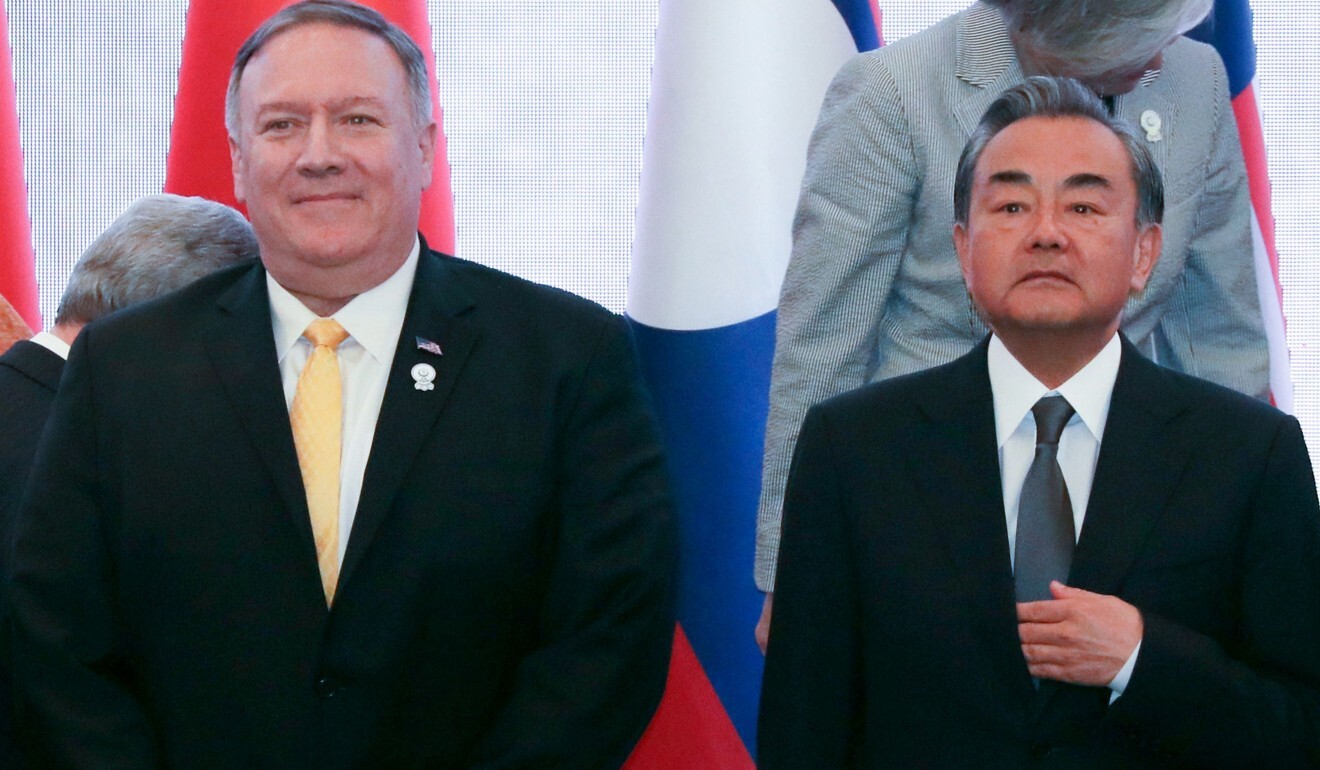
Don’t cry Unclos! South China Sea dispute legalese likely to focus at delayed Asean meeting
- The Asean Regional Forum has been delayed to September but phone and video conversations show the coronavirus and sea dispute will be hot topics
- Asean nations are expected to focus on the 2016 arbitral ruling and UN Law of the Sea Convention in their push to resolve the long-standing row with China
Alongside the foreign ministers of the US, China, India and Russia, representatives from 17 non-Asean countries attended last year’s meeting in Thailand.
At times, the ARF – now in its 27th year – is an arena of fierce diplomatic fisticuffs.
Most times, however, the handful of us who self-profess as gadflies of these Asean goings-on are left to parse dreary post-meeting statements.
This year’s ARF was to have happened last week but was postponed to September owing to a surge in coronavirus cases in host nation Vietnam.
It would have brought together US Secretary of State Michael Pompeo and his Chinese counterpart Wang Yi at a time of severely strained ties between the superpowers, but we will have to wait to witness the fireworks, if any.
South China Sea: avoid siding with US or China, Malaysia urges Asean
There is still fodder to chew on, though, given how some of the in-person exchanges were replaced by telephone conversations and video conferences.
Of particular interest to me were Pompeo’s phone calls with six of the 10 Asean foreign ministers last week. Observers largely assumed the calls were to rally support for the US amid worsening relations with China. But as I understand it, they were an alternative means of holding discussions that would have taken place at the sidelines of the ARF.
In most of the calls, official readouts said both sides emphasised cooperation in dealing with the pandemic and the regional hot topic: the South China Sea dispute.

A statement issued by the Asean bloc and Washington following a video conference among senior officials for the first time explicitly referenced the 2016 arbitral ruling that quashed China’s claim of historic rights in the sea.
Regional diplomatic watchers say this could signal a fresh attempt within Asean towards using the ruling – and the UN Law of the Sea Convention (Unclos) – as the basis for resolving the long-standing row.
Explainer | South China Sea: the dispute that could start a military conflict
That will undoubtedly not sit well with Beijing, which has recently found itself vigorously pushing back against Southeast Asian claimants invoking the arbitral ruling to press their case.
If the foreign ministers do manage to come together in a physical meeting in September, we should expect the drama to come not just from the meeting between Wang and Pompeo, but also from the vigour with which Asean countries talk about the importance of Unclos and the arbitral ruling.

